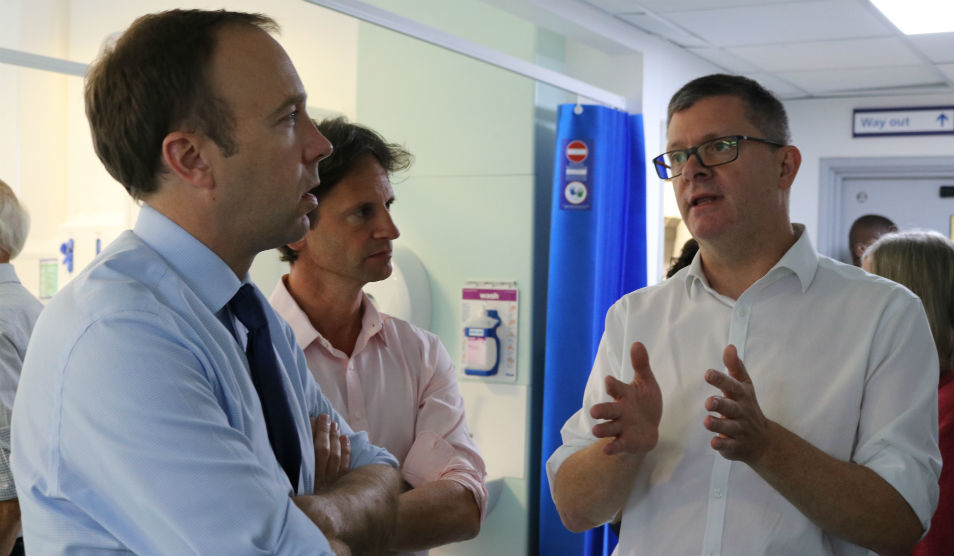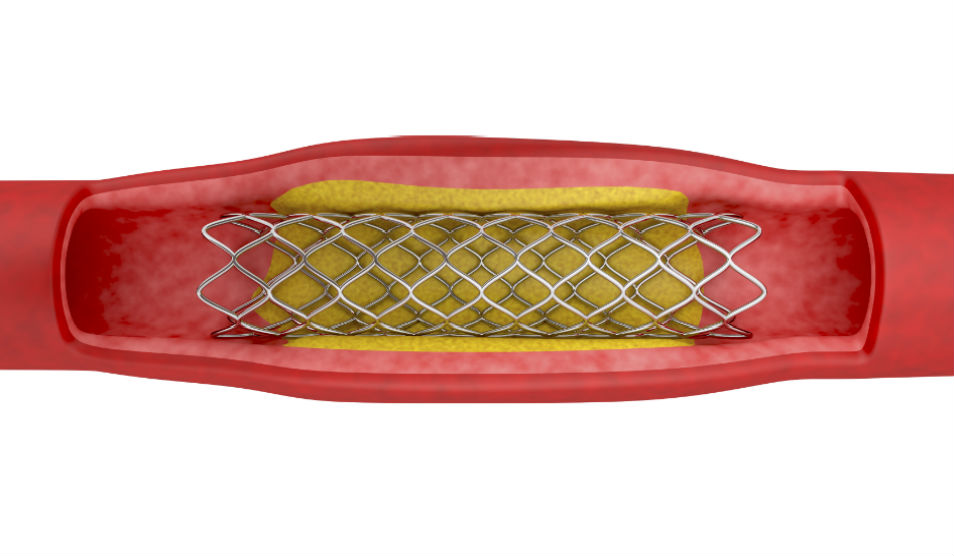New care pathways to improve urgent access to specialist services
Patients with cardiac related chest pain or who need urgent renal or haematology care will benefit from improved access to services through the introduction of two new ‘direct entry’ urgent care pathways at Hammersmith Hospital.
The new pathways will give patients with these needs, quicker and more immediate access to the specific specialist services they need to treat their condition.
Previously, patients presenting with urgent renal or haematology care needs could be seen by the acute medicine service at Charing Cross, Hammersmith or St Mary’s hospital before receiving the specialist care they need. This created an unnecessary step in a patient’s care journey that could potentially delay treatment. Under the new direct entry pathway, these patients will now go immediately to Hammersmith Hospital where they will receive the specific specialist services that they need in a new receiving area close to their specialist wards and care providers.
This change will help to increase capacity within the acute medicine service at Charing Cross and St Mary’s hospitals, boosting the immediate and early specialist management of patients with other conditions including those attending our Accident & Emergency (A&E) departments.
For patients with chest pain of suspected cardiac origin, many were previously admitted to Charing Cross or St Mary’s hospitals, often having presented at A&E, for tests before being transferred to the specialist cardiology team based in the Heart Assessment Centre at Hammersmith Hospital. Timely treatment in a specialist centre improves outcomes for patients with suspected heart attack. The new direct entry pathway means that patients with chest pain associated with a potential heart disease will now be transferred directly to the Heart Assessment Centre at Hammersmith Hospital once they have been stabilised in A&E.
To accommodate this change the heart assessment centre layout will be modified to improve privacy and patient experience as well as increasing capacity by up to 15 beds for patients to recuperate after their treatment. This new pathway complements the service that is already being operated by the London Ambulance Service where patients suspected of having a heart attack are taken directly to the Heart Assessment Centre at Hammersmith Hospital.
These changes to services follow a five week consultation with patients, carers, local residents and other stakeholders.
Dr William Oldfield, Deputy Medical Director, said:
“These improvements to our service mean that patients will now see the right physician and receive the right care and treatment in the right facilities, first time.
“The clinicians who work in these specialist services have developed these new care pathways based on their own experience and by listening to the views of their patients. We believe there will be significant benefits to patients and staff and to the overall quality of care through improving the pathways for our chest pain and acute medical care patients.”
Notes to editors
Acute medicine services provide immediate and early specialist management of patients who present to, or from within, hospitals as urgent cases or emergencies. Acute medical emergencies, such as gastrointestinal bleeding, heart problems or a rapid deterioration in health, are the most common reason for admission to hospital. As Hammersmith Hospital is a ‘specialist’ hospital - primarily for renal, haematology and cardiac care – the acute medical pathway there can sometimes create an unnecessary, additional step in a patient’s journey to reach the specific specialist service they need.





